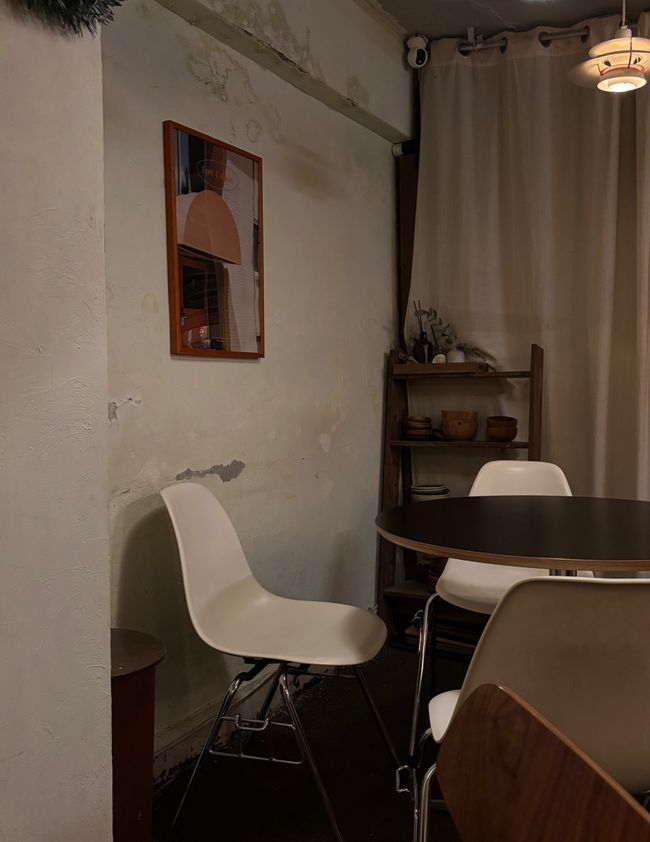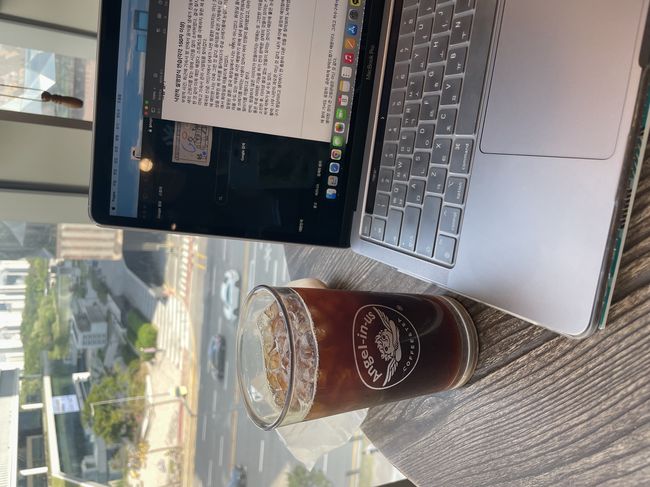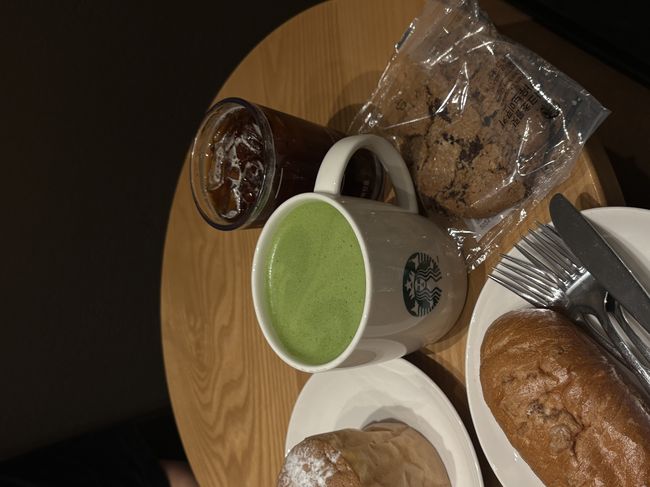Today, cafe′s are not just places to drink coffee. Some people quietly read books, some work, and others have conversations with friends. In this way, caffe′s have become cultural spaces where many people stay for different reasons. However, this didn’t happen in just one day. This article looks for how caffe′s began and how they changed over time, so that readers can understand caffe′s as spaces with history and culture not just places that sell drinks.

The origin of cafe′s goes back to the Islamic world. In the 16th century, coffee houses called ‘kahveh’ appeared in cities of the Ottoman Empire. These places were where men gathered to drink coffee and talk with each other. In the Islamic world, coffee houses were not only for drinking coffee but were also important places where people discussed politics and religion and shared information. Later, coffee spread to Europe and helped form new cultures. In 17th century England, coffee houses were called ‘Penny Universities’ because people could enter by paying just one penny, read newspapers, and talk with others. These spaces became places to share knowledge and ideas. In France, cafe′ s became important during the Enlightenment. Thinkers like Voltaire, Rousseau, and Diderot met in cafe′s to discuss philosophy, politics, and economics. Their discussions became the starting point for big changes like the French Revolution.

In modern times, cafe′s became popular places for artists and intellectuals. In the 19th and 20th centuries, cities like Paris and Vienna had cafe′s that were centers for writers, artists, philosophers, musicians, and more. Famous cafe′ s like ‘Cafe′ de Flore’ in Paris and ‘Cafe′ Sacher’ in Vienna were visited by people like Sartre, Picasso, and Freud. These cafe′s became places that helped develop art and ideas. In this way, cafe′s were not just places to drink coffee, but places for creativity and thinking. In Korea, cafe′ culture started in the mid-20th century with places called ‘dabang’. These were not only places for rest or meet others but were also used by writers, artists, and journalists to talk and exchange ideas. Especially in the 1970s and 1980s, dabangs near universities and in cultural areas became spaces where people shared feelings about the times and talked about social issues. As we can see, cafe′s have had many different roles depending on the time and place. Even today, cafe′s continue to create new cultures and meanings.

Today’s cafe′s have evolved far beyond the traditional hangouts for artists and intellectuals, becoming layered cultural spaces. Global franchise brands now lead the market, and coffee has become an essential part of everyday life. Brands like Starbucks, Dunkin’ Coffee, and The Coffee Bean offer similar experiences worldwide and have contributed to the growth of the coffee industry. At the same time, cafes have transformed into spaces for digital labor. It is no longer unusual to see “digital nomads” working on laptops. Free Wi-Fi and power outlets are now basic amenities, and the calm, stable atmosphere of many cafe′s allows them to function as alternative workplaces. Moreover, cafe′s that reflect individual tastes and personalities have noticeably increased. There are animal cafe′s where you can spend time with cats, retro style cafes that evoke nostalgia, and nature inspired spaces decorated like greenhouses. These places have become more than just venues for drinking coffee. They now offer experiences and serve as content. This culture, closely tied with social media, has embraced the term “bun-joh-ka” (the meaning “atmospheric cafes”), further expanding the role of cafe′s in many different ways.
Cafe′s have continuously adapted to the changing times and quietly embedded themselves into people’s lives. From places of rest to hubs of knowledge exchange, from cradles of art to modern digital workspaces, this evolution mirrors the broader changes in society itself. The familiar scene of a cafe′s we pass by today may just be another chapter in that ongoing history.
Planning & Marketing Editor • LEE CHAE EUN • leechaeeun0318@naver.com
81st Reporter • AN KEUM HYUN • angeumhyun1@gmail.com
- TAG









